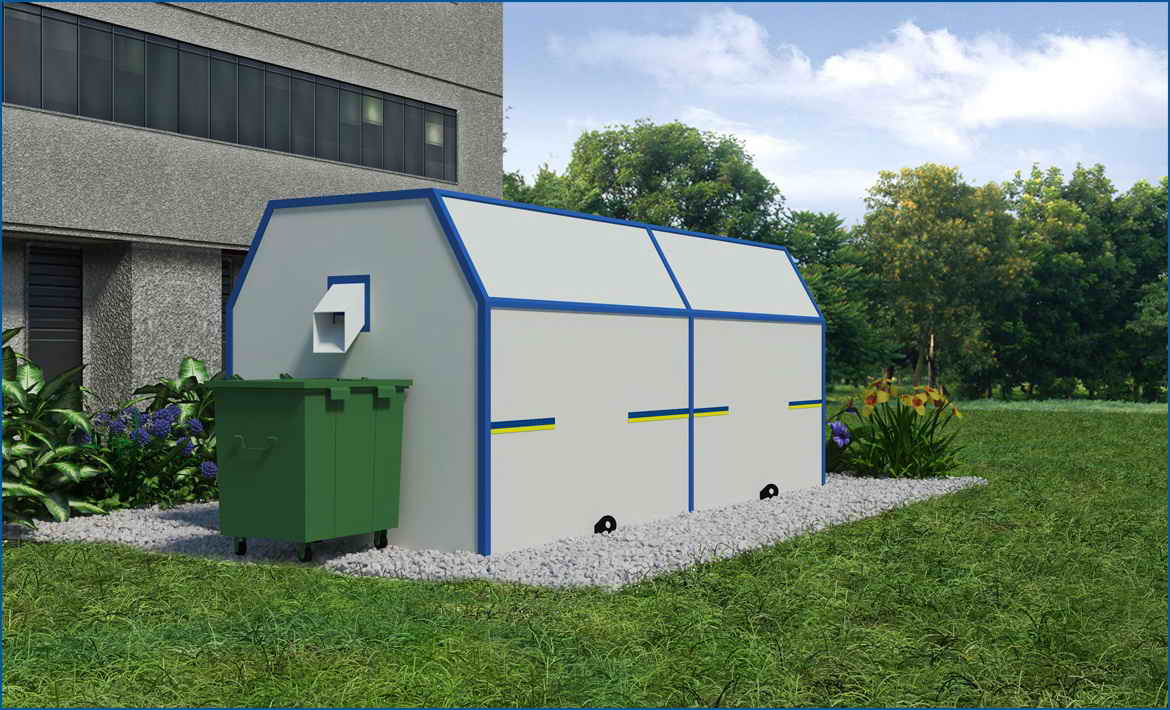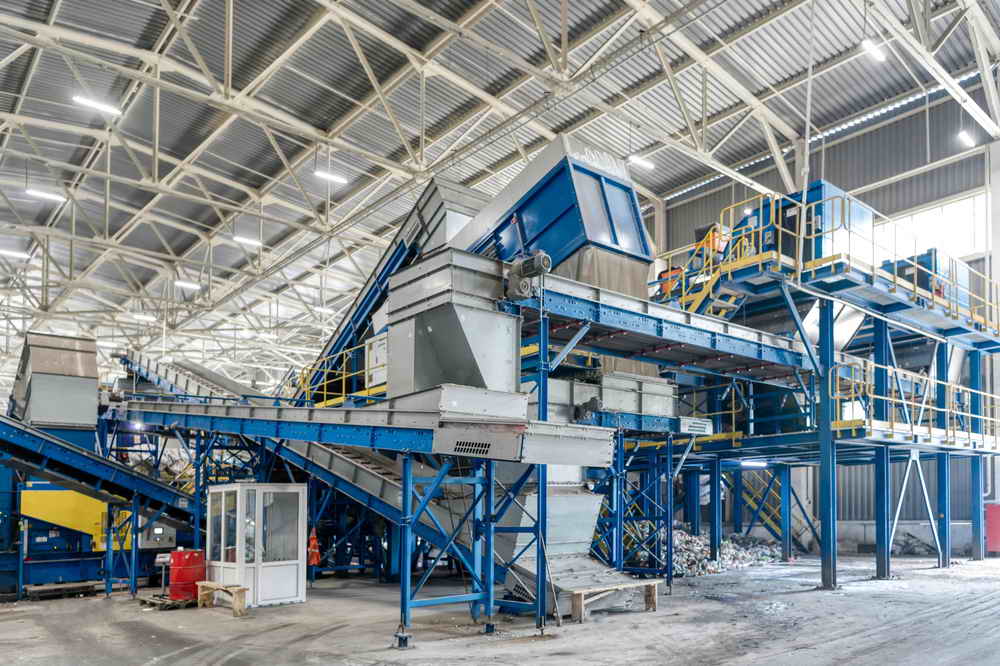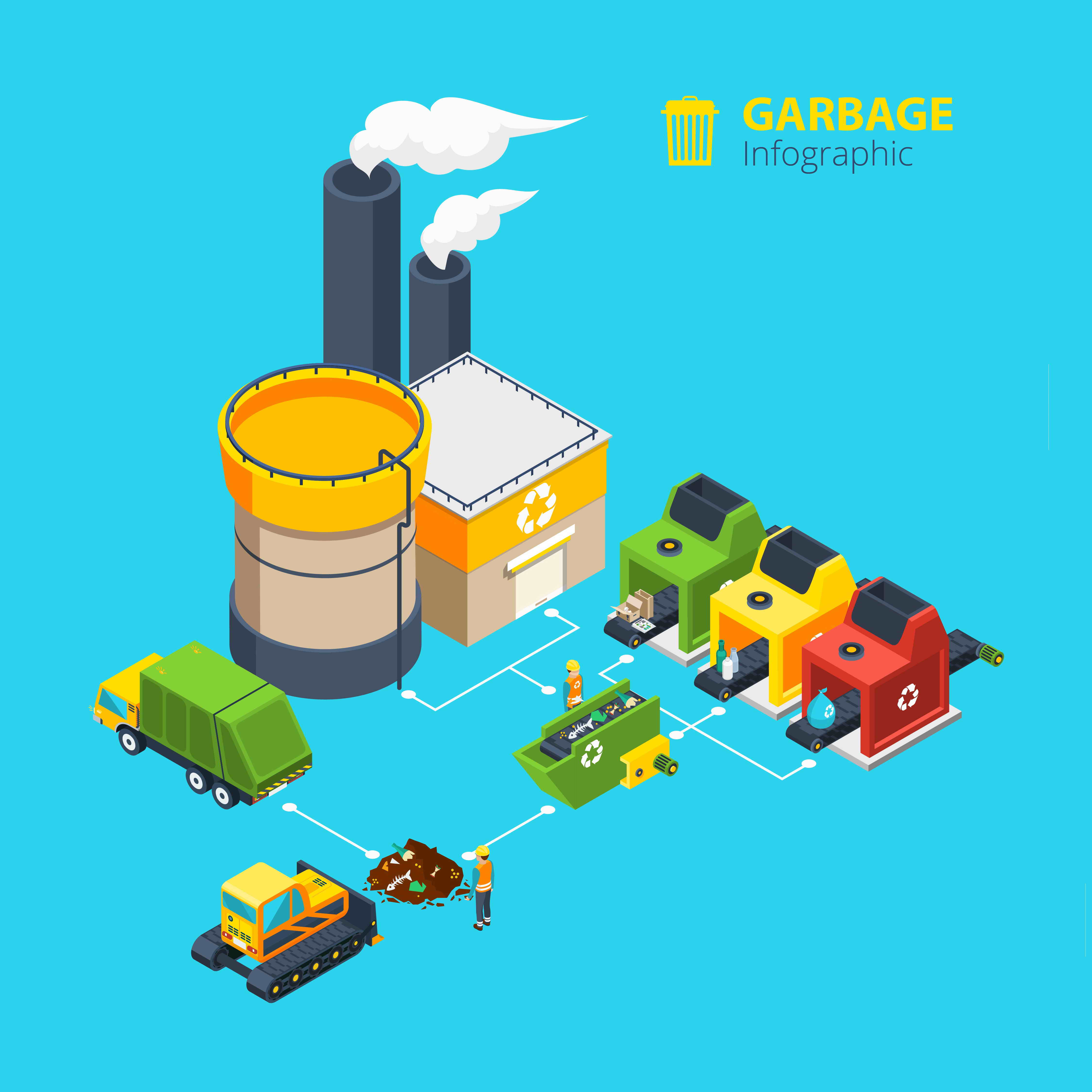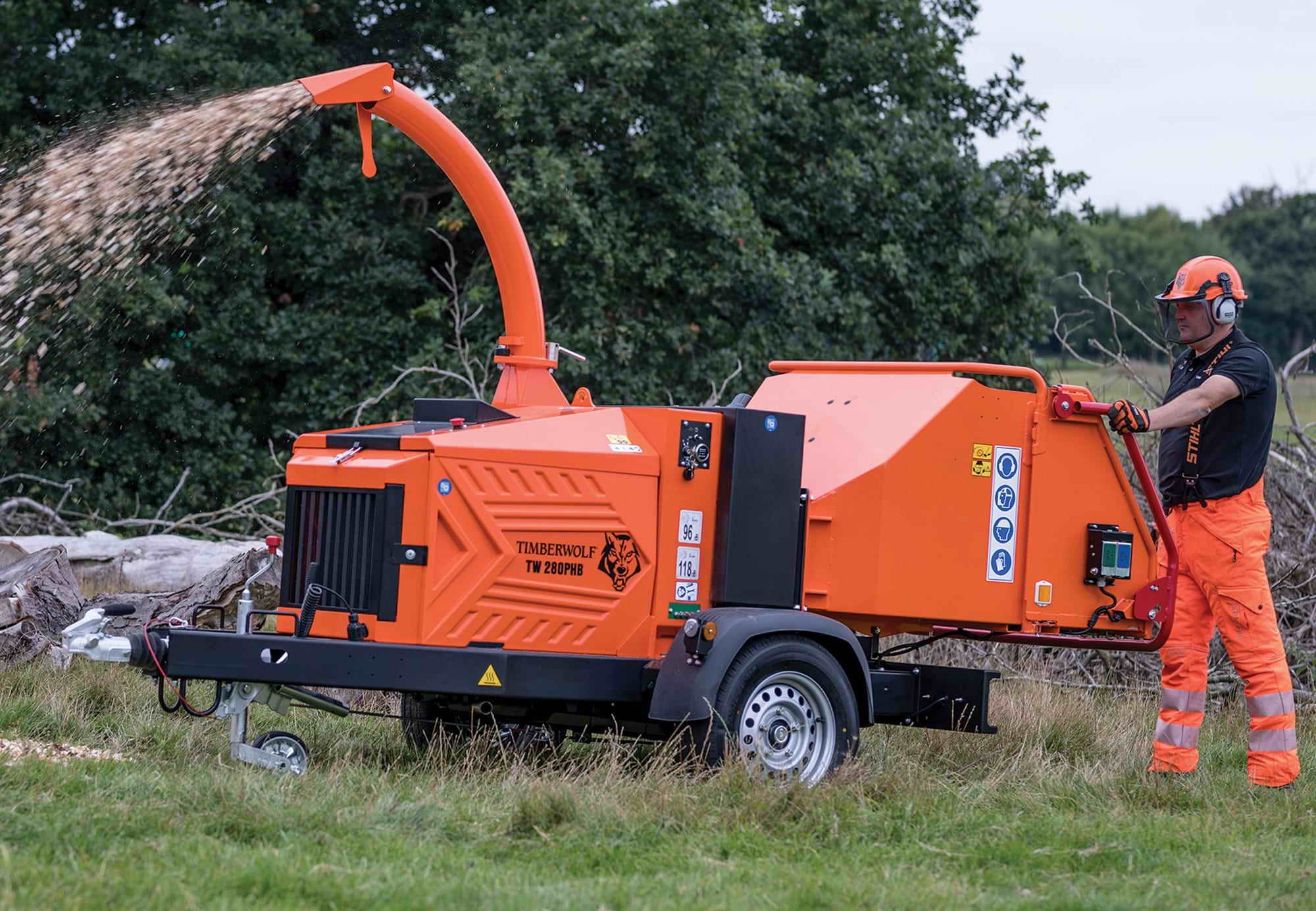About Solid Waste Treatment Plant (SWTP)?
-
The term solid waste management mainly refers to the complete process of collecting, treating and disposing of solid wastes.
In the waste management process, the wastes are collected from different sources and are disposed of. This process includes collection, transportation, treatment, analysis and disposal of waste. It needs to be monitored so that strict regulations and guidelines are followed.
Sources of Solid Wastes
-
Solid domestic garbage.
-
Solid waste material from various industries.
-
Solid agricultural waste.
-
Plastics, glass, metals, e-waste, etc.
-
Medical waste.
-
Construction waste, sewage sludge.
Disposal of Waste
-
The process of waste handling and disposal varies in different countries. In India, the processes differ according to the source of solid waste.
They can be classified as:
-
Municipal Solid Waste.
-
Hazardous Solid Waste.
-
Municipal solid waste can further be divided into biodegradable, recyclable and hazardous domestic wastes. The biodegradable waste includes rotten food, vegetable peel and mostly wet kitchen waste. Recyclable waste includes plastic and hazardous wastes include, bulb, batteries, etc.
The industry generated waste from chemical factories, medical waste from hospitals are considered as Hazardous Solid Waste and they need special settings to dispose of them.
In any region, solid waste management is very important for the safe disposal of wastes and to reduce environmental pollution and avoid any health hazards that it may cause.
Landfills are the most common method of disposing of solid wastes. Modern-day landfills are designed by taking care of various environmental factors and types of wastes, so as to minimise pollution and health risks.
SWTP
types:

ORGANIC WASTE COMPOSTER MACHINE
-
Organic Waste Composter (OWC) Waste management is all about focusing and emphasizing three important R's- REDUCE, REUSE & RECYCLE. Compositing is one of the effective methods of treating, managing as well as controlling municipal solid waste while accomplishing all three of the R's. In another word, it is a sustainable waste management technique or practice that effortlessly converts any amount of accumulated organic waste into a usable product but using an organic waste composter only.
-
Organic Waste Composter (OWC) can make your process easier while performing everything from sorting, separating, and reducing the size to even digestion of the refuse. Managing food waste is no more a "BIG" issue now especially when you have an automatic composter with you.



